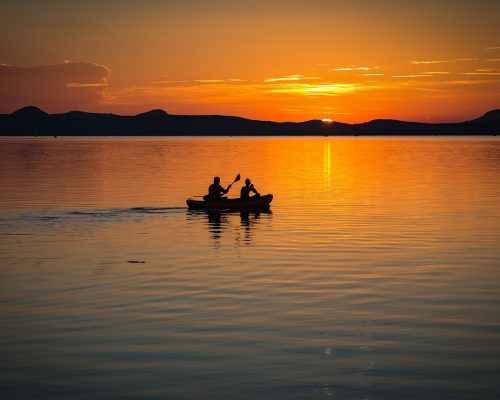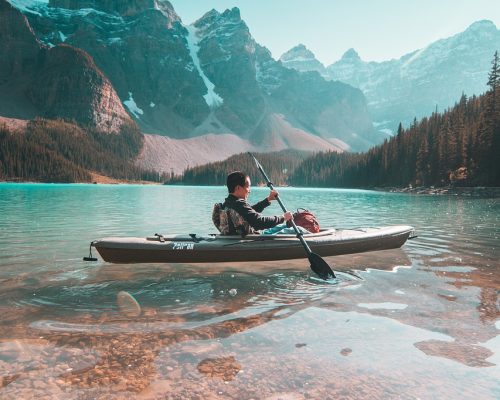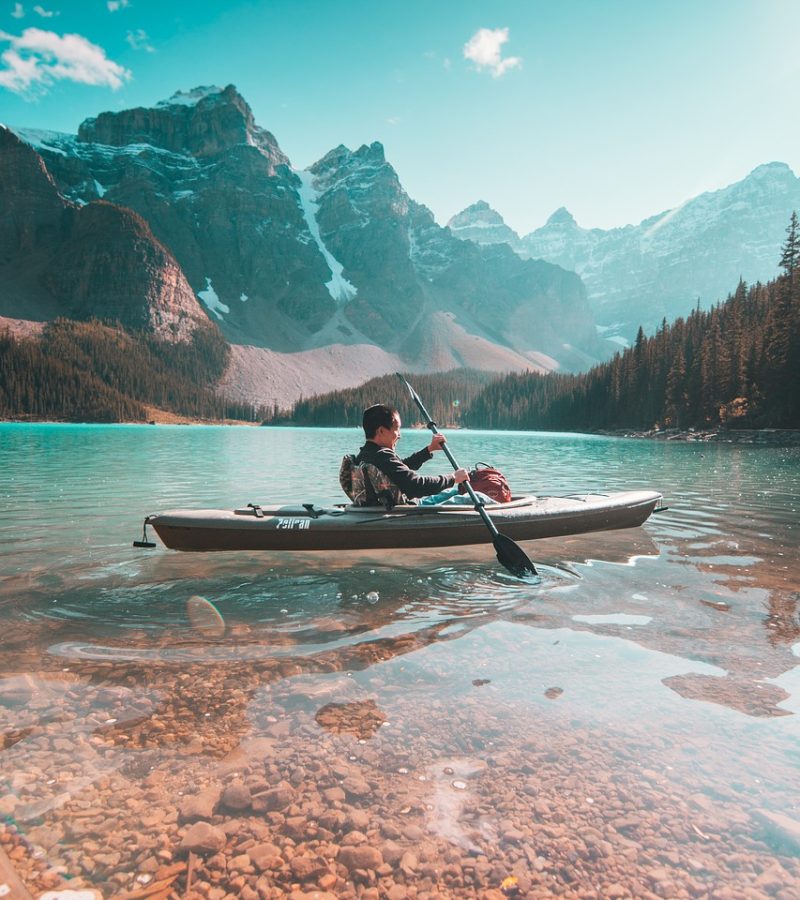Regarding different boaters is key to great sailing behavior. Civility, persistence, and an emphasis on wellbeing improve the sailing experience for everybody on the water.
Approaching others with deference is especially significant in occupied regions, like marinas and famous sporting spots, where boaters much of the time run into each other.
Continuously avoid different boats, particularly in packed regions. Passing also intently can make huge wakes that might upset more modest boats or swimmers. Keep a distance of something like 100 feet while passing one more boat to guarantee security and solace for everybody.
Dial back while moving toward marinas, docks, or other swarmed regions. High paces make enormous wakes and increment the gamble of mishaps. No-wake zones are especially normal close to marinas and boat inclines, where more slow rates are essential for wellbeing.
Drifting option to proceed rules, otherwise called “rules of the street,” direct the way in which boats ought to collaborate to forestall crashes. These rules explain which boat ought to yield, assisting boaters with exploring shared waters securely and productively.
Mechanized boats ought to respect non-mechanized vessels, including boats, kayaks, and kayaks. These vessels frequently have restricted mobility, so yielding to them forestalls mishaps and upgrades security.

Dependable drifting incorporates limiting natural effect on safeguard streams for people in the future. Numerous regions are delicate biological systems, and thoughtless drifting practices can hurt natural life and water quality.

Never discard rubbish, sewage, or other waste in the water. Utilize assigned removal stations at marinas for squander the board. Appropriately taking care of waste, especially in delicate environments, forestalls contamination and safeguards marine life.

Inadvertent spills of fuel or oil can seriously hurt water quality and marine life. While refueling, utilize spongy cushions to get any trickles and fill the tank gradually to stay away from flood.
Regard for untamed life is fundamental while sailing in regular natural surroundings. Stay away from creatures like birds, dolphins, and manatees, as drawing nearer too intently can pressure or damage them.
Numerous locales have regulations safeguarding jeopardized or weak species, so remain educated regarding any guidelines in regards to natural life connections. Keeping a conscious separation permits these creatures to flourish while limiting unsettling influences.

Set up your boat prior to moving toward the harbor or slope to diminish time spent there. Guarantee all gear is prepared, and travelers know about their jobs. Fast and coordinated sending off or recovery permits others to proficiently get to the slope.
In the event that another person is in front of you at the dock or slope, stand by without complaining for your turn. Endeavoring to cut before others can prompt disarray and even mishaps. Regarding the request wherein boats show up shows thought and keeps a positive climate.
Drifting is in many cases about unwinding, and unreasonable clamor can upset both natural life and different boaters. Commotion from motors, clearly music, or yelling can disturb the serenity that many look for on the water.
In the event that you appreciate music on the boat, keep the volume at a healthy level. Uproarious music can be heard far across the water and may upset close by boaters or coastline occupants.
The harbor and boat incline are shared spaces, and great decorum guarantees smooth, peaceful encounters for all boaters. These regions frequently become swarmed, especially on ends of the week and occasions.
A considerate methodology at the dock exhibits regard for other people and forestalls superfluous deferrals.
Running the motor at high velocities in swarmed or calm regions can make unreasonable clamor. In no-wake zones or marinas, keep the motor stand-by or at low speed to limit clamor contamination.
Diminishing motor commotion where conceivable establishes a seriously loosening up climate and forestalls unsettling influence to natural life and individual boaters.
While securing close to different boats, pass on adequate room to keep away from crashes in the event that the boats float. Try not to moor straightforwardly before another boat, as this might upset their view or cutoff their mobility.
Picking a spot with more than adequate space for everybody lessens the gamble of entrapments and regards others’ solace and wellbeing.
